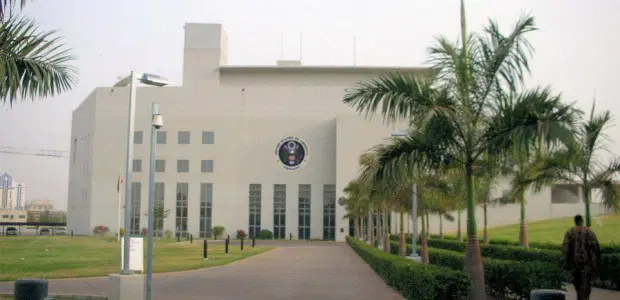The Chief Executive Officer, The CFG Advisory, Mr. Tilewa Adebajo, has voiced concern over the reduction in foreign direct investment which has reached an all-time low of less than $1 billion.
Nigeria’s debt repayment now exceeds its recurrent and capital expenditures.
This was disclosed by Adebajo while speaking on the topic, ‘Nigeria’s Fiscal Environment in an Era of Monetary Policy Tightening’ at the July 2024 edition of the Finance Correspondents Association of Nigeria (FICAN) bi-monthly forum in Lagos, according to Vanguard.
Adebajo stated, “Although N8.7 trillion was earmarked for capital expenditure in the 2024 budget, infrastructure development will receive just N1.32 trillion of this.”
He said, “Nigeria’s current debt burden is being serviced by 95 percent of revenues, as debt repayment now exceeds both recurrent and capital expenditure.”
Nigeria’s national debt increased from N97.34 trillion in December 2023 to N121.67 trillion in March 2024, according to the Debt Management Office (DMO).
“Nigeria’s debt levels are now clearly unsustainable. Add to this $10 billion from the 2024 budget deficit, and the question begs: is Nigeria heading for the default direction of Ghana, Zambia, and Ethiopia?
“The discussion on restructuring both domestic and external debt must commence alongside the ongoing economic reforms and revenue drive to avoid Paris and London Club imposition,” he warned.
Explaining the current situation of Nigeria’s economic data, Adebajo expressed regret that the economy remains in stagflation, despite continuing reforms aimed at achieving a sustainable growth trajectory.
He stated that the advent of the Nigerian Autonomous Foreign Exchange Market (NAFEM) and the removal of fuel subsidies caused the FAAC account to expand by 130 percent from May 2023 to more than N1 trillion today.
“FDI is at an all-time low of under $1 billion; power transmission and distribution infrastructure are still very poor, impacting industry and economic growth; the macroeconomic situation has declined over the last seven years with a loss of $180-200 billion in GDP, currently at $390 billion.
FDI is at an all-time low of less than $1 billion; power transmission and distribution infrastructure remain very poor, affecting industry and economic growth; and the macroeconomic situation has deteriorated over the last seven years, with a loss of $180-200 billion in GDP, now at $390 billion.











